
General anesthesia is the state of unconsciousness which can be achieved medically and in different ways, all of them including the use of some general anesthetic drugs. Even though there are some doubts about the safety of using general anesthesia in infants, it is general opinion that the side effects of this type of anesthesia in children are usually minimal, regardless of the reason that a child may need it for. The two most common ways of inducing general anesthesia in children are either through inhalation, or through intravenous (or so-called IV) induction.
In the first case, the child has to wear a mask on his face, or, more precisely, on his nose and mouth, and through such mask the child will inhale the anesthetic gas which will put him to sleep after a while, and allow him not to feel any pain during the procedure, be it surgical procedure or even simple needle sticks.
In the case of intravenous induction, the anesthetic has to be injected into a vein, and in this case it takes less then a minute for a child to achieve the state of the total unconsciousness.
When it comes to the possible side effects, even though they are not very common, they depend on several elements, which is why those who provide general anesthesia have to pay special attention to all of them and consider them carefully. Some of these elements are the age, weight, medical history and sex of the patient, as well as the nature of the medical procedure. The most probable side effects are sore throat, headache, nausea, vomiting, dizziness and drowsiness. Though unpleasant, none of these is too serious, because they should not last for more than a few hours after the surgery or medical procedure has been done. Also, it is not impossible and unusual that the prematurely born child, or the child who has already had croup, may develop it again after the surgery, but the croup in such situations is easily treated with medications. Still, if the child does not recover as quickly as it is expected, or if they start to feel sever pain and sleepiness, or if they experience problems with breathing, or in cases of irregular heart rate and/or blood pressure, immediate medical attention and treatment are required, because these symptoms usually indicate more or less serious allergic reactions. Yet, it is very rare for a child to develop serious allergic reaction to some of the general anesthetics, especially today when the risks are minimized thanks to the modern equipment and highly trained anesthesiologists.
Some studies which were conducted on young animals, as well as the articles based on these studies, imply that it might not be so safe to use general anesthetics on infants because of the possible neuronal cell death, but until officially confirmed, it only remains implication.


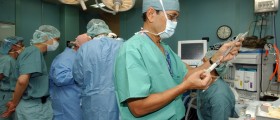
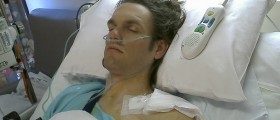
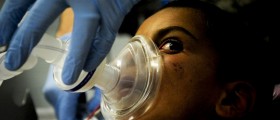
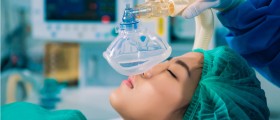




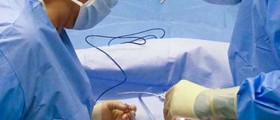





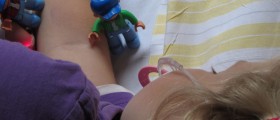
Your thoughts on this
Loading...